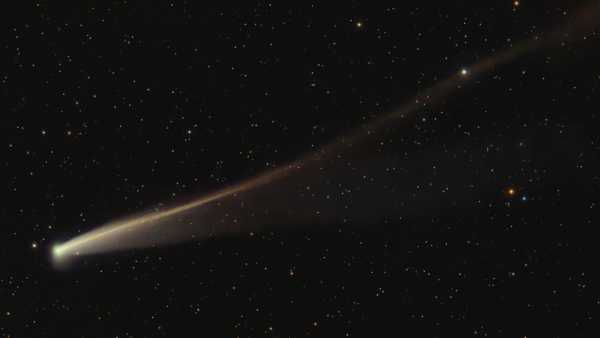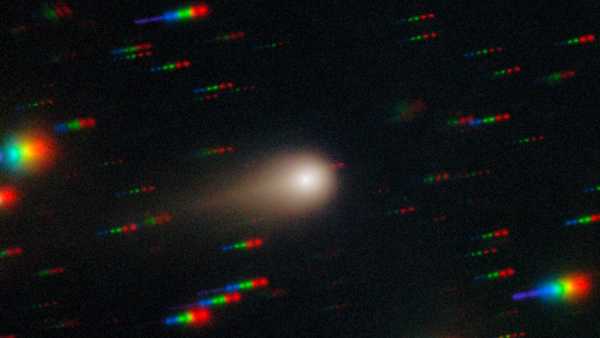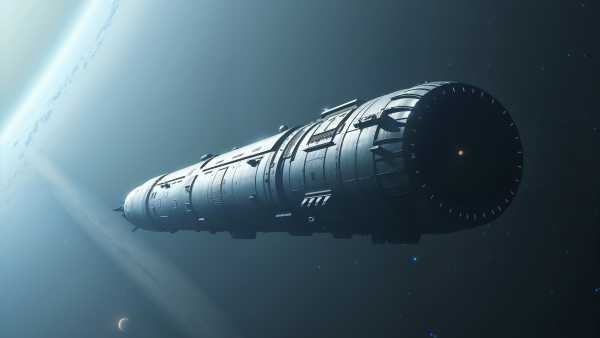
Chrysalis could be home to several generations before it reaches Alpha Centauri, where it could transport humans to the surface of Proxima Centauri b. (Photo: Giacomo Infelise, Veronica Magli, Guido Sbroggio, Nevenka Martinello and Federica Chiara Serpe)
Would you be willing to leave Earth and take a one-way trip to the nearest star system? In a Live Science poll, we asked our readers if they’d be willing to board a spaceship that would take 400 years to reach Alpha Centauri. The poll focused on a hypothetical spacecraft called Chrysalis, which won first place in a competition to design a multi-generational spacecraft that could carry thousands of people to Proxima Centauri b, an Earth-sized exoplanet that’s thought to be potentially habitable.
The survey, published on August 13, polled more than 3,300 readers. At the time of writing, the results showed that 45% of respondents were ready to go on a journey through deep space without any questions asked, while 30% answered a firm “no.”
And the rest? Well, it all depends on the details, so we asked them what made them sit on the galactic fence.
You may like
-

Science News This Week: A 400-Year Journey to Alpha Centauri and the Evil AI That Could Make Us Think About It
-
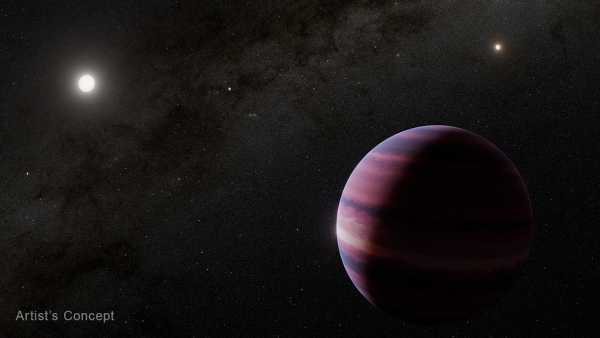
'JWST's most important discovery to date': James Webb spots – then loses – giant planet orbiting in the habitable zone of our nearest Sun-like star.
-
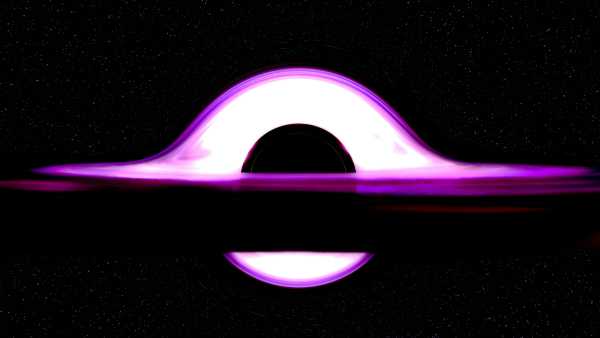
Paperclip-sized spacecraft could visit nearest black hole in next century, study claims
“This will depend on the living conditions, as well as the work and recreational opportunities required,” wrote Jason P. Harris.
For some, the decision was driven by comfort and relaxation. “If I could go alone, if the ship had a racing track, and if I could take a motorbike with me, I would sign the contract right now,” wrote S. Ravenscroft.
And the ability to sleep for 400 years was also a deciding factor. “If hypersleep was possible, then yes, I would go,” Chris K. told X24.
Others tied their decision to the future of Earth. “I guess if Earth became uninhabitable, I'd do it,” wrote Captain Awesome. “But that doesn't sound fun, my connection to Earth will get worse and worse until the game becomes impossible.”
Gavin Chapple noted that technology could advance significantly in those 400 years, writing: “The silliest thing is that when they finally arrive, there will already be people there who have outpaced them with near-light-speed technology.”
So, what do you think? After weighing all the options, are you ready to leave Earth and head to Alpha Centauri? Share your thoughts in the comments below.
Similar stories
— Oops! Earendel, the most distant star ever discovered, may not actually be a star, as the James Webb telescope has shown.
Scientists believe they have discovered the first known system of three black holes in the Universe and then watched it die.
—Uranus has a new, hidden moon, the James Webb Space Telescope has revealed.

Elise PourNavigate Social LinksEditor
Elise studied marine biology at the University of Portsmouth in the UK. She has worked as a freelance journalist, specialising in underwater biology. She collaborates with Live Science through the Future Academy, a programme that trains future journalists in best practices in the field.
With the participation of
You must verify your public display name before commenting.
Please log out and log back in. You will then be prompted to enter a display name.
Exit Read more

Science News This Week: A 400-Year Journey to Alpha Centauri and the Evil AI That Might Make Us Think About It
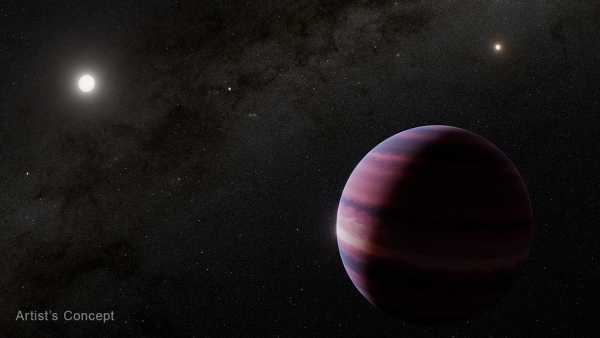
'JWST's most important discovery to date': James Webb spots – then loses – giant planet orbiting in the habitable zone of our nearest Sun-like star.
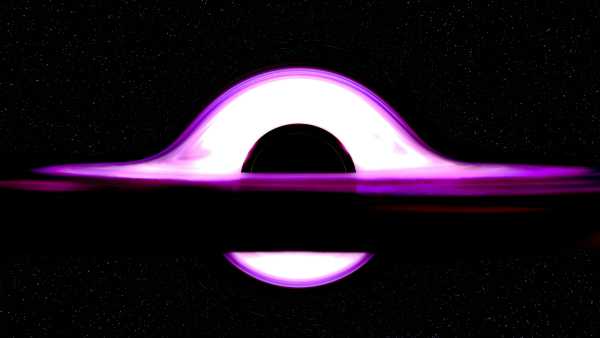
Paperclip-sized spacecraft could visit nearest black hole in next century, study claims
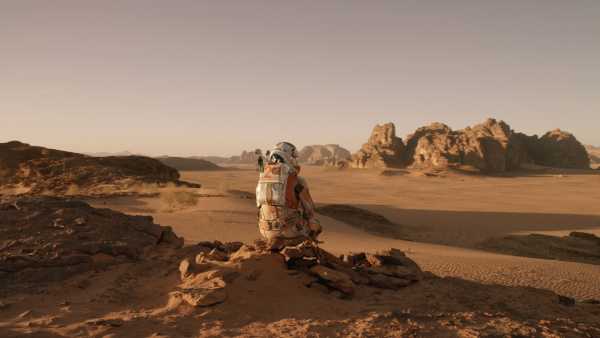
The Martian predicts human colonies on Mars by 2035. How close are we to that?

Does light lose energy as it crosses the universe?
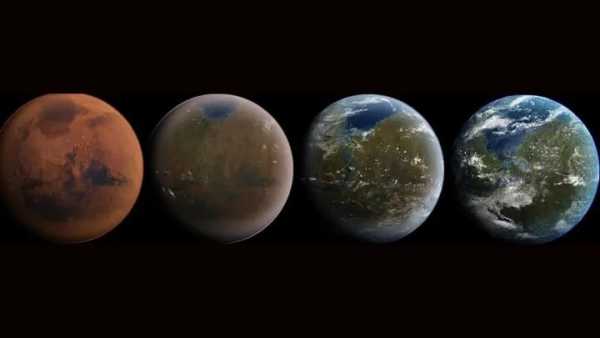
Greening the Red Planet? Time to Get Serious About Terraforming Mars, Scientists Say. Latest News From Space
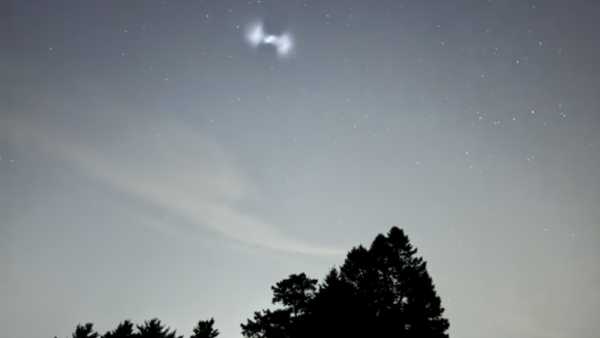
Ghostly 'spiral' Perseid meteor photobombs over several US states – and experts aren't sure what's causing them
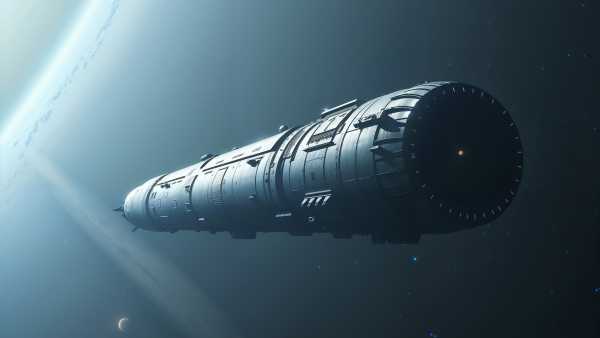
Would you board a spaceship that would take 400 years to reach Alpha Centauri?
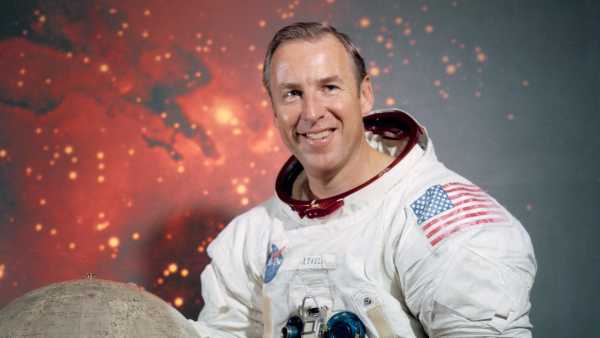
Jim Lovell, Commander of NASA's Apollo 13 Moon Mission, Dies at 97
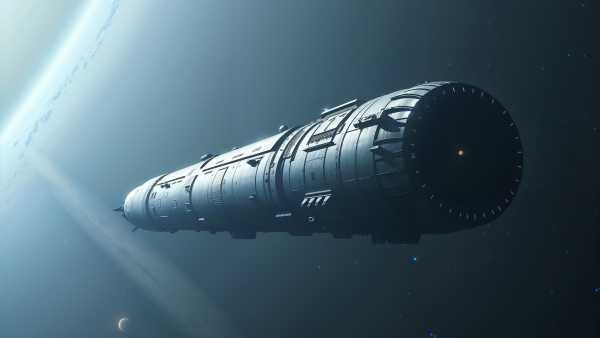
The proposed spacecraft would be able to carry up to 2,400 people one way to the nearest star system, Alpha Centauri.
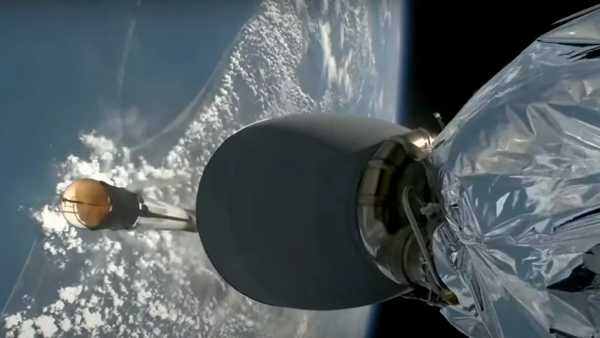
SpaceX Just Launched Pathogenic Bacteria To The International Space Station
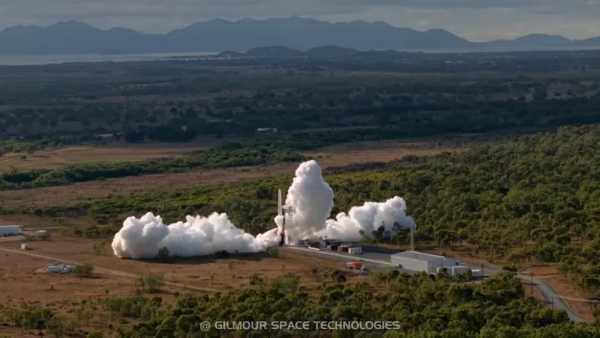
After 54 years of waiting, Australia's first attempt to launch an orbital rocket crashed 14 seconds after liftoff. Latest news

Uranus Has a New Hidden Moon Discovered by the James Webb Space Telescope

The mysterious earthquake that shook Northern California in 1954 occurred in the “eerily quiet” Cascadia subduction zone.

Does cannabis increase the risk of cancer?
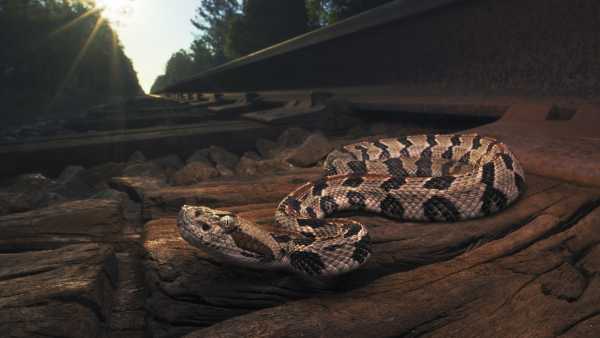
A tourist picked up a poisonous snake and died after the bite triggered a rare allergic reaction, authorities say.
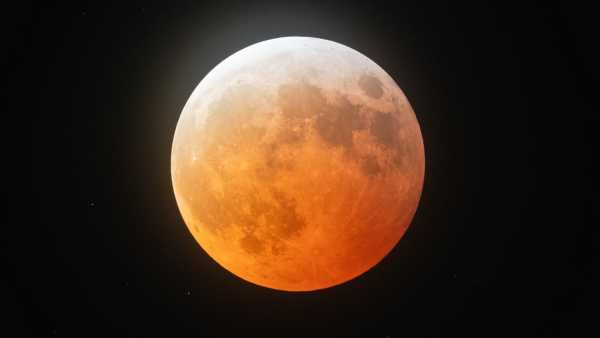
Where can you see the total lunar eclipse on September 7, the “blood moon”?

FDA warns of possible radioactive shrimp. LATEST ARTICLES

1Does cannabis increase the risk of cancer?
Live Science is part of Future US Inc., an international media group and leading digital publisher. Visit our corporate website.
- About Us
- Contact Future experts
- Terms and Conditions
- Privacy Policy
- Cookie Policy
- Accessibility Statement
- Advertise with us
- Web Notifications
- Career
- Editorial Standards
- How to present history to us
© Future US, Inc. Full 7th Floor, 130 West 42nd Street, New York, NY 10036.
var dfp_config = { “site_platform”: “vanilla”, “keywords”: “type-news-daily,van-disable-inbody-ads,serversidehawk,van-enable-adviser-
Sourse: www.livescience.com



